NO. 132
Washington, DC—The American Hellenic Institute (AHI) hosted a Virtual Speakers Forum, “Commemorating the 98th Anniversary of the Smyrna Catastrophe,” October 21, 2020.
The panelists were: Dr. Constantine Hatzidimitriou, former Adjunct Associate Professor at the Byzantine and Modern Greek Studies Center at Queens College/CUNY; and George Mavropoulos, founder of the Asia Minor and Pontos Hellenic Research Center (AMPHRC). James Marketos, Esq. a partner at Berliner, Corcoran & Rowe, LLP and AHI Board member, served as the forum’s moderator. AHI President Nick Larigakis provided opening and closing remarks.
“The testimonies of what happened there [Smyrna] are incontrovertible,” Marketos said in his introduction of Dr. Hatzidimitriou and his research.
Dr. Hatzidimitriou, whose involvement in the events surrounding the Smyrna Catastrophe stem from his own family history, said “it’s personal.” He provided context with historical events culminating to what he describes as the “Turkification” of Asia Minor, beginning in the 11th century, up until today with recent actions in the Aegean and the conversions of Hagia Sophia and Chora Church in Istanbul.
“We have the documents,” Dr. Hatzidimitriou said in reference to the facts of what happened in Smyrna in 1922. “They have been published […] and they show what happened.”
His extensive research has uncovered key previously classified documents which implicate the U.S. in having knowledge of what was occurring.
The dissemination of information and research of historical events such as the Smyrna Catastrophe would not be possible without centers focused on the collection and documentation of historical materials. The work of George Mavropoulos at the AMPHRC has been instrumental in providing factual material to wider audiences about Pontos and Asia Minor.
The Center’s recent documentary Lethal Nationalism: Genocide of the Greeks 1913-1923 chronicles the genocide of the Greeks and other indigenous Christians, at the hands of Ottoman and Nationalist Turks. Mavropoulos addresses the importance of the documentary as an educational tool for the public. By embedding factual and historical information into a communication vehicle such as a full feature documentary that incorporates rarely seen footage, the work of the AMPHRC becomes monumental and impactful.
“The voices of those martyred will no longer be silent,” he said.
“We are also here to deal with the present; that is, to correct the historical record. We will never forget what happened in Smyrna,” Marketos said, adding that Lethal Nationalism is a powerful example of remaining engaged with the issue nearly 100 years later.
President Larigakis concluded the discussion by applauding Dr. Hatzidimitriou and Mavropoulos for their research contributions to the Greek community. Larigakis stressed how their ongoing work contributes to the importance of holding an annual commemoration for the Smyrna Catastrophe.
Lethal Nationalism Trailers


